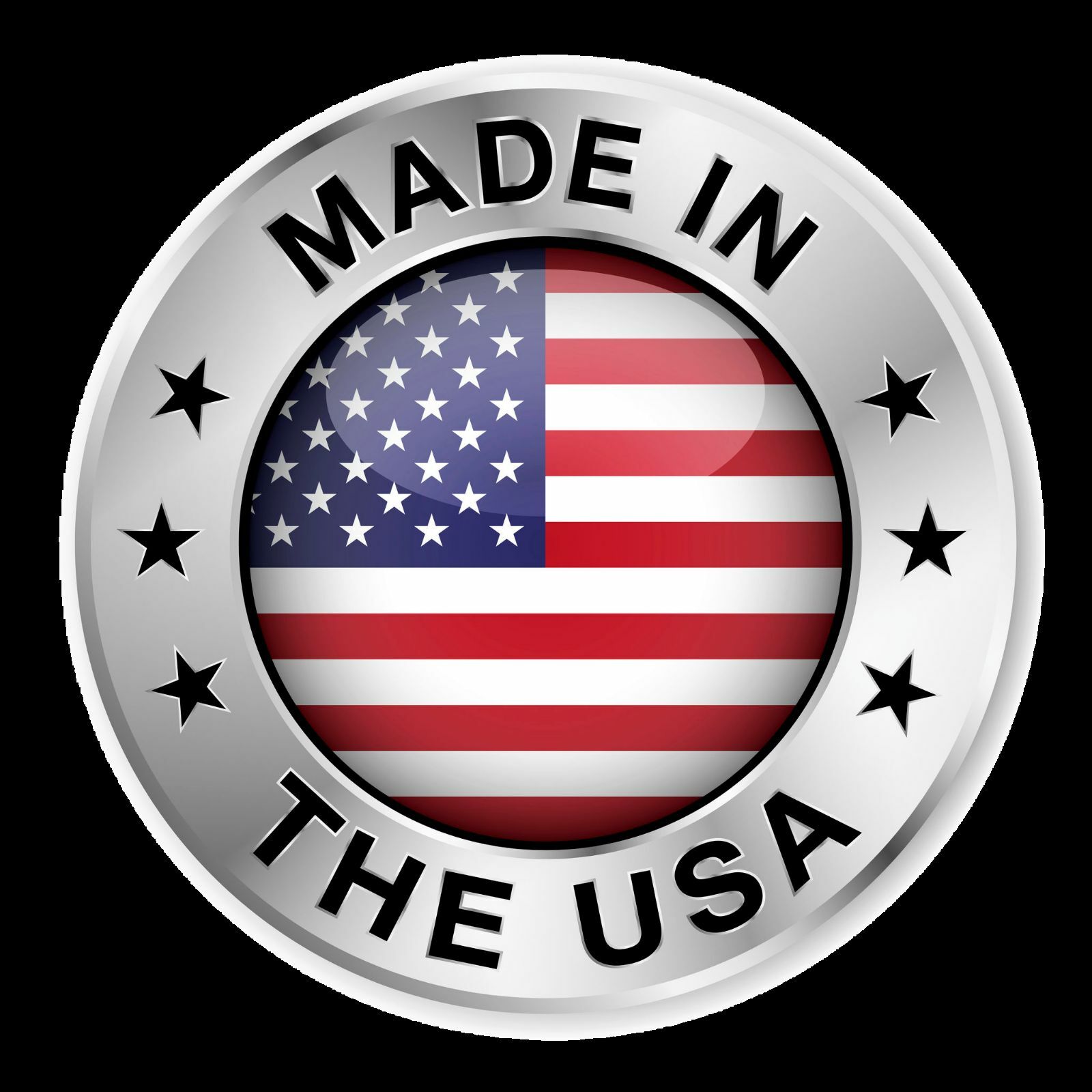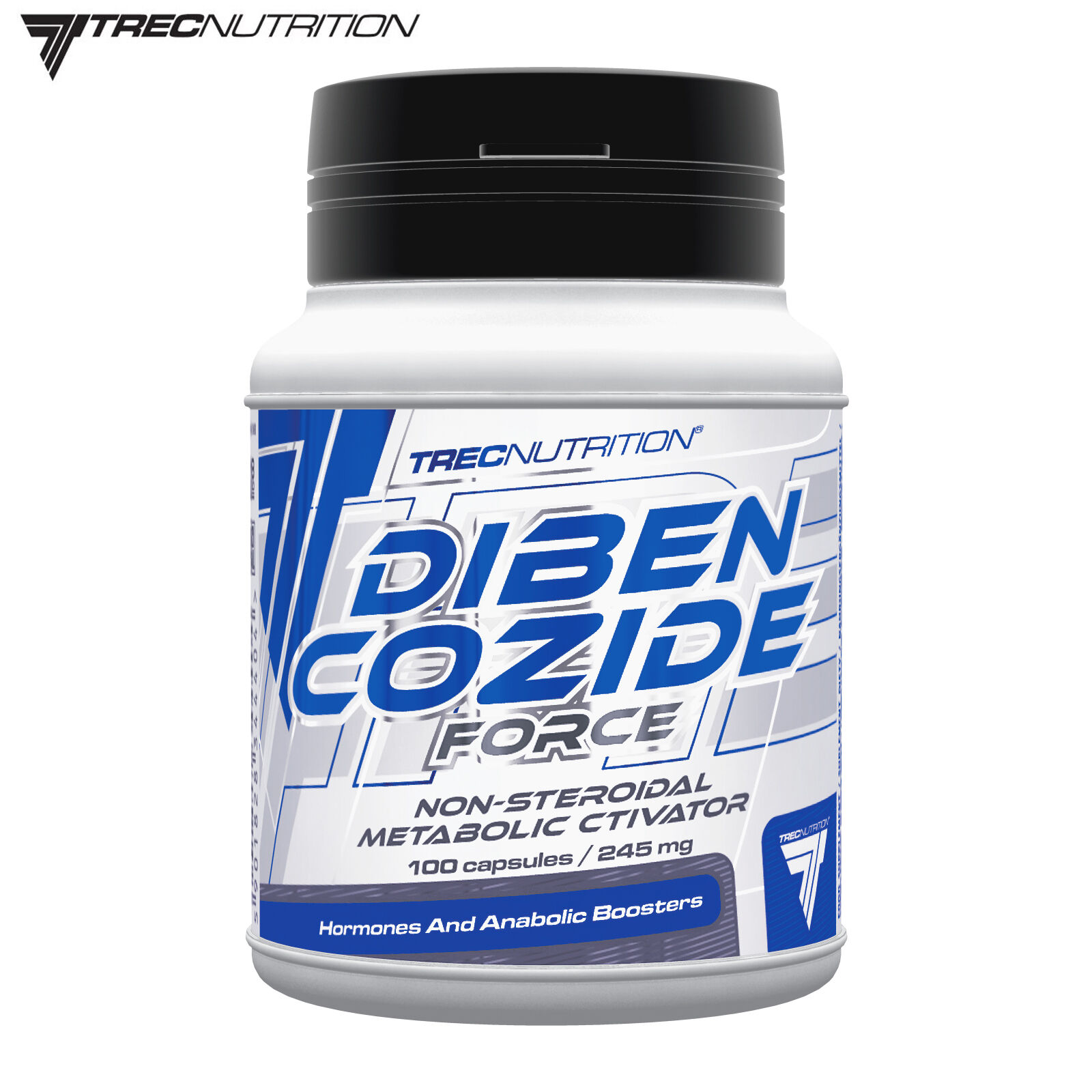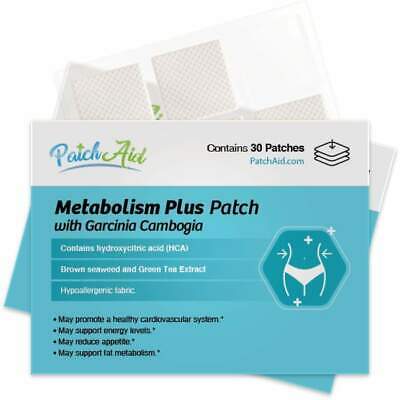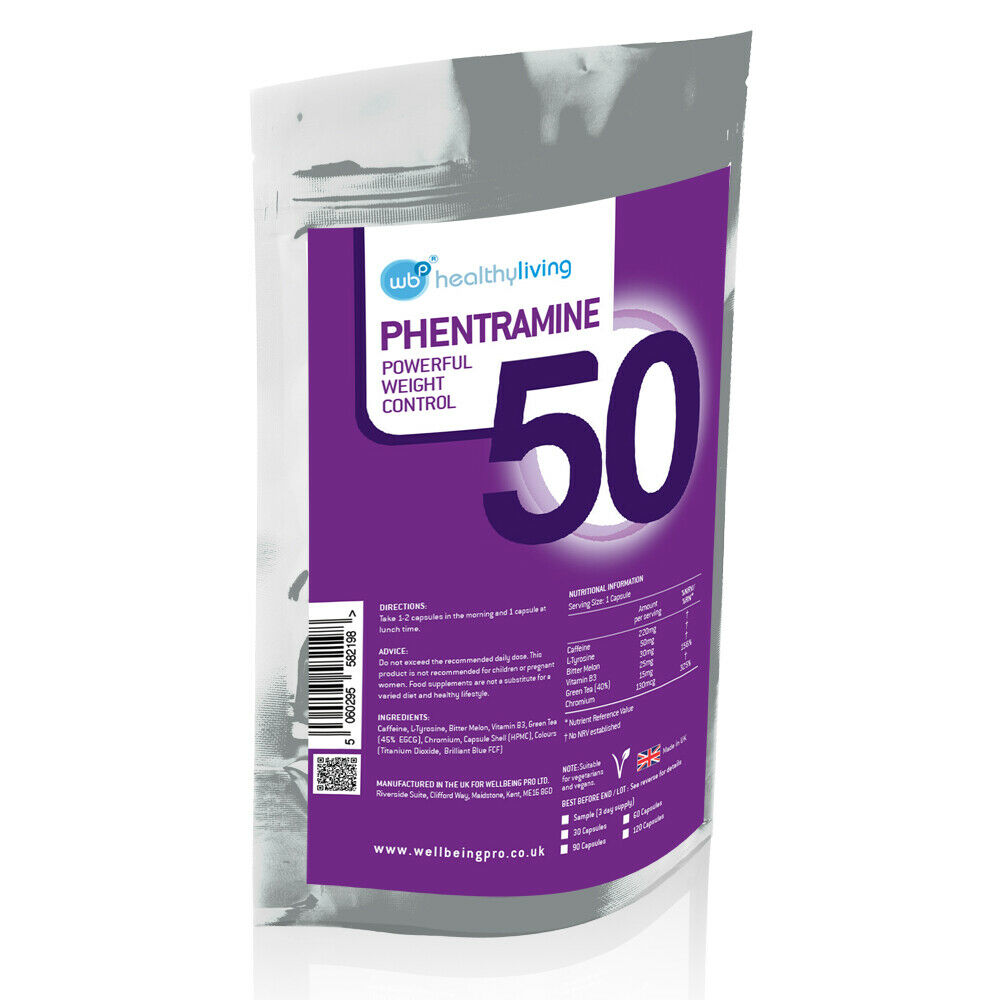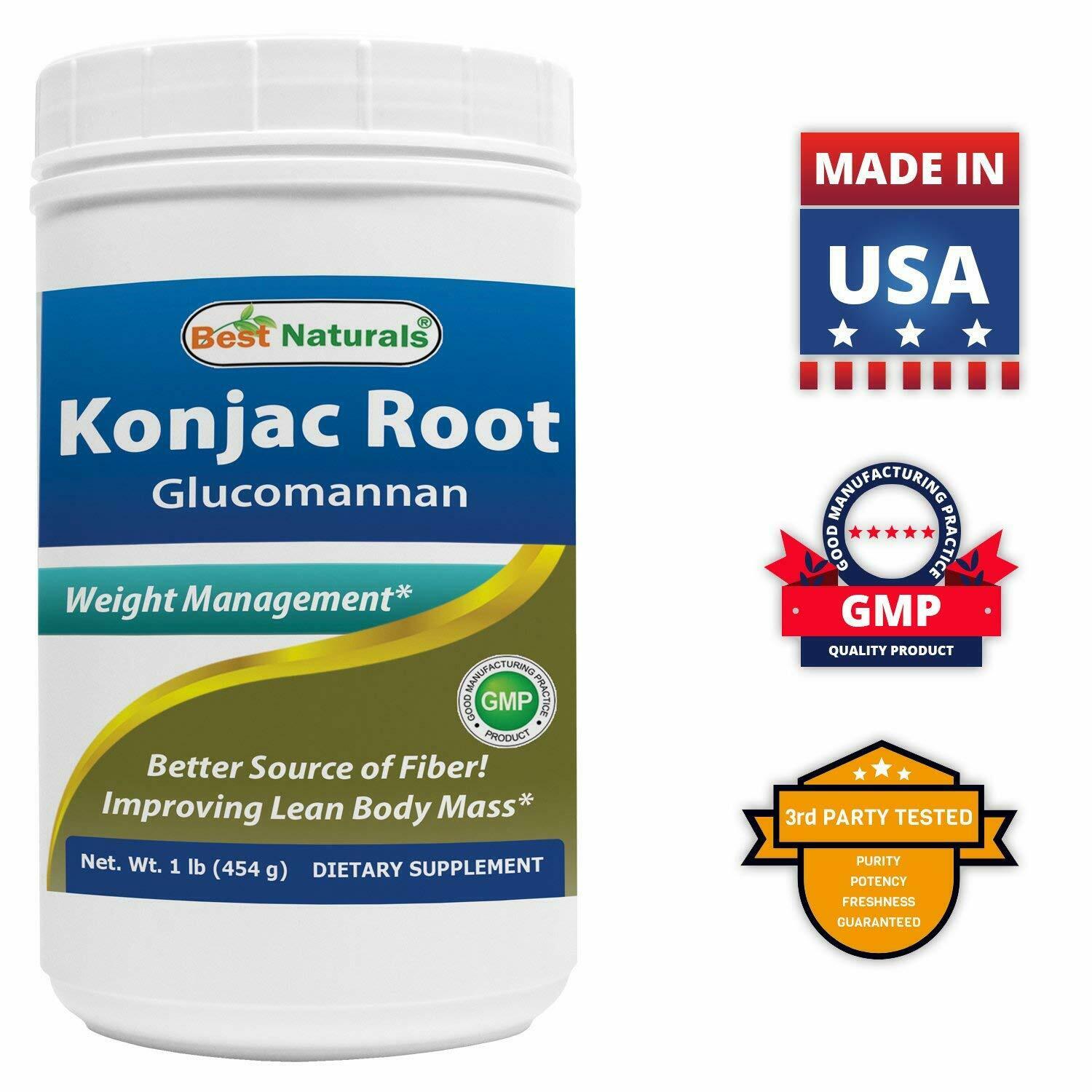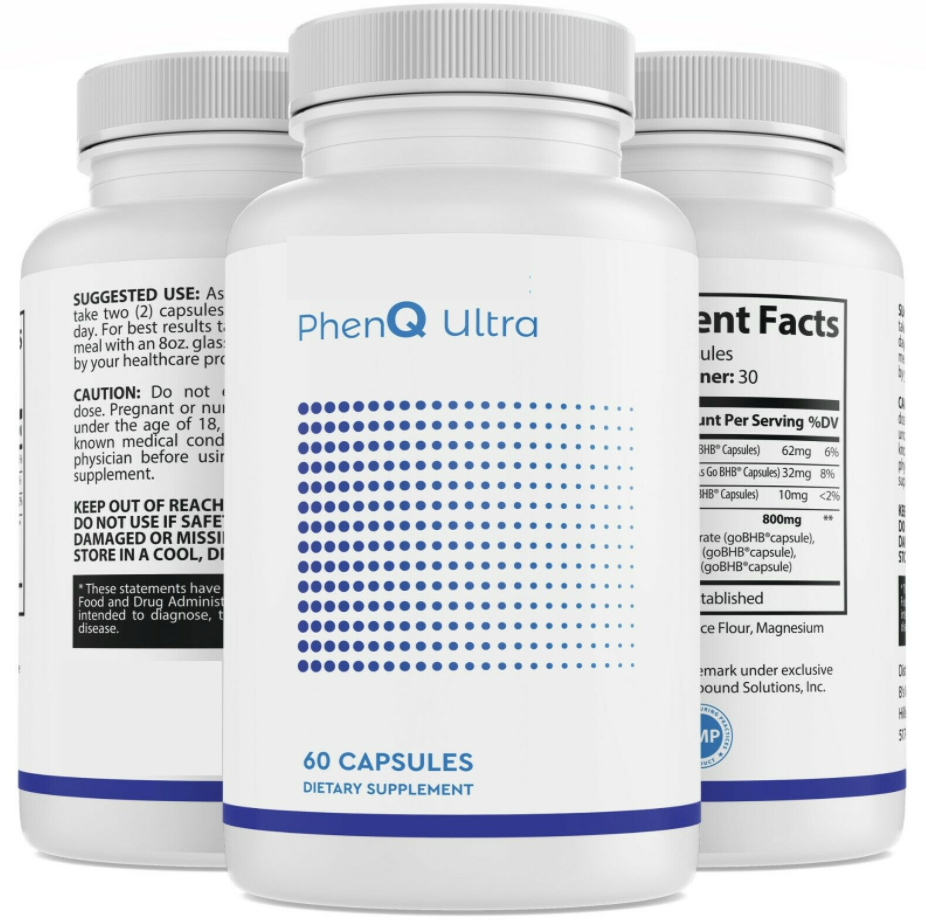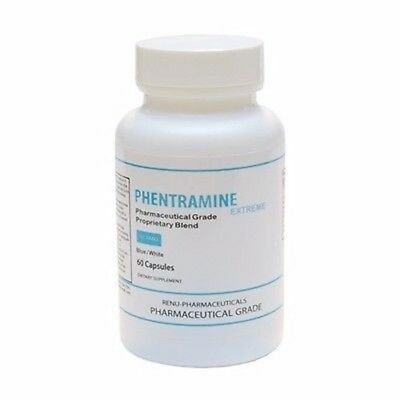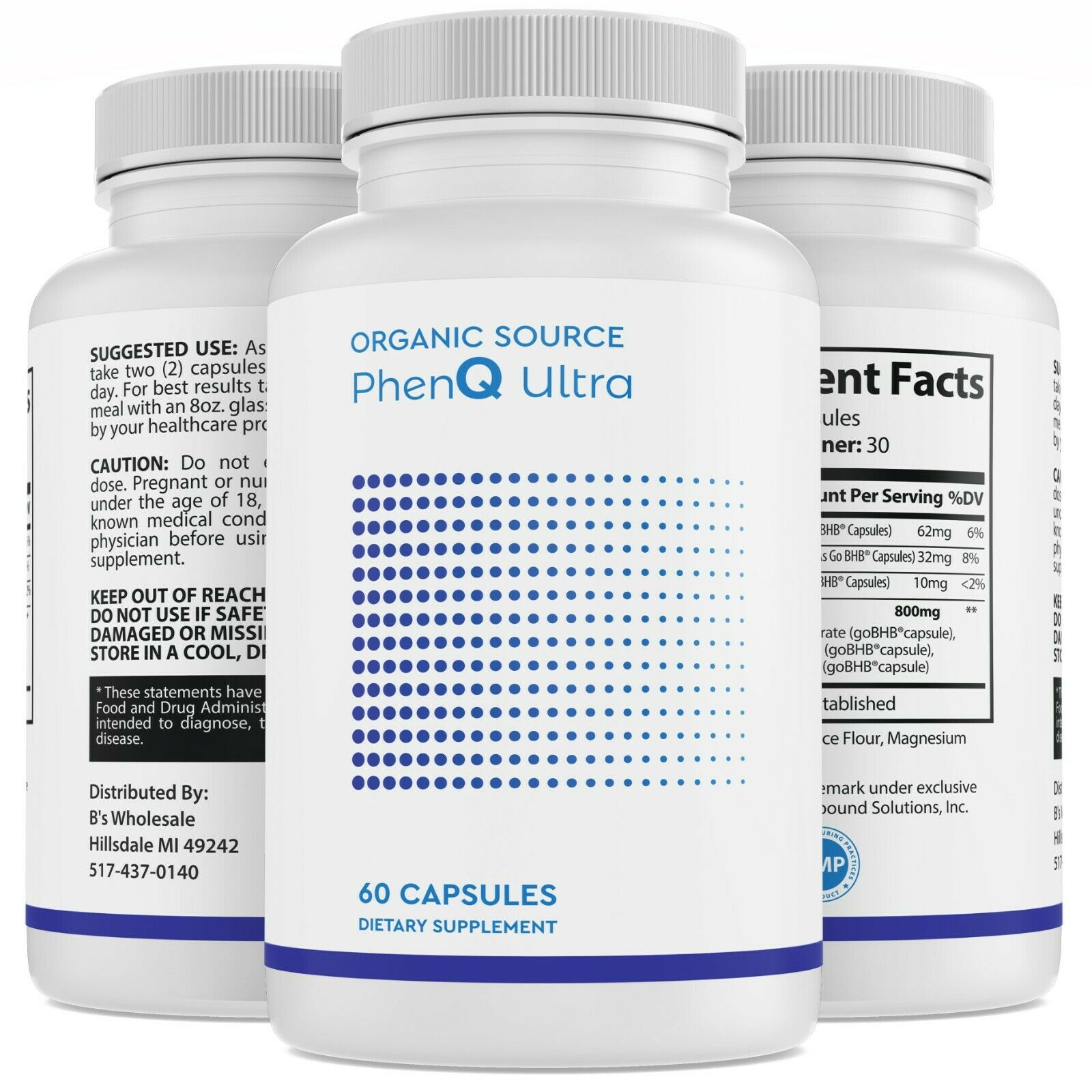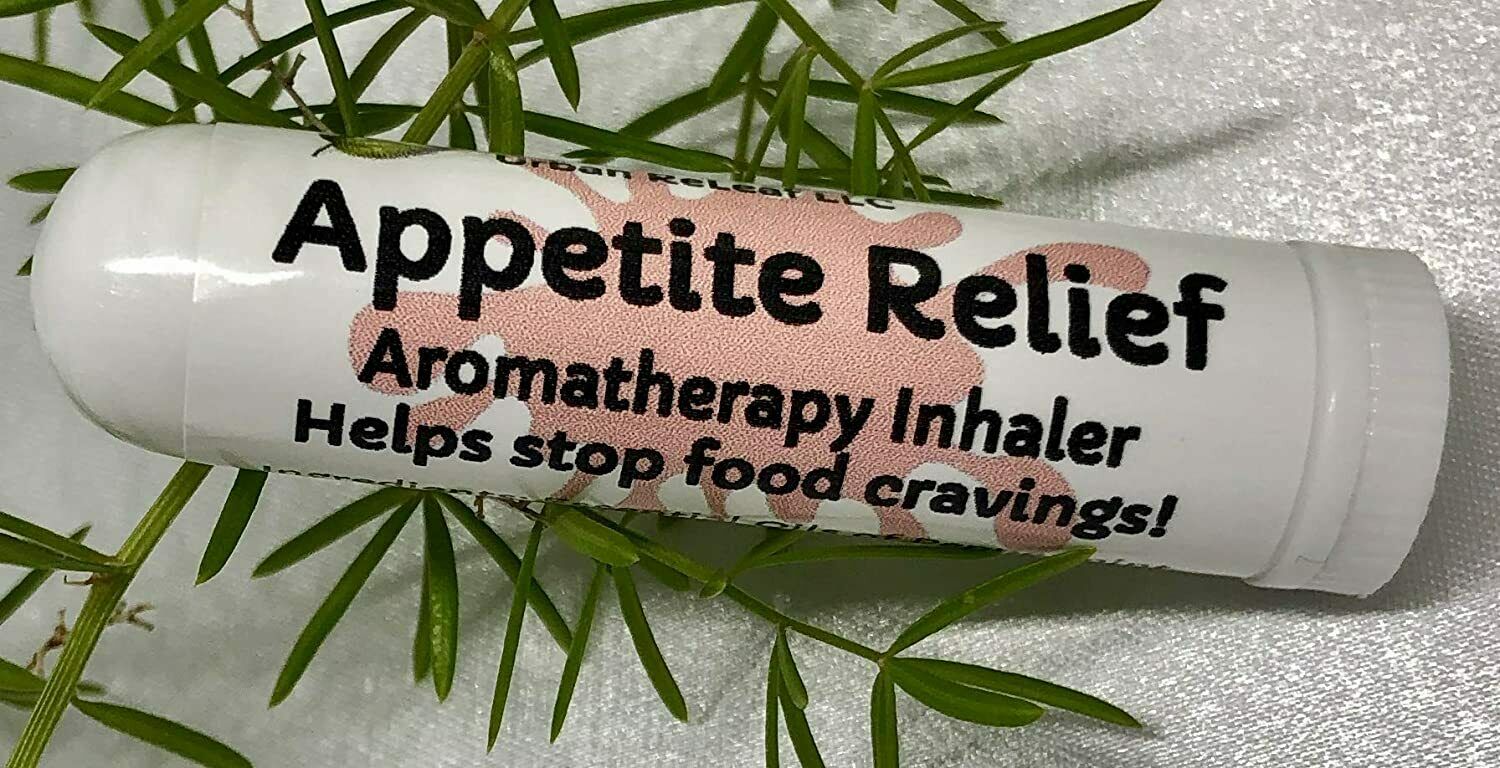-40%
Supreme Fat Burner - Fish Oil Omega 8060 1500mg - Alpha-linoleic acid (ALA) 1B
$ 8.42
- Description
- Size Guide
Description
Omega 80601500
mg
Highly Concentrated Fish Oil. Pharmaceutical Grade.
Dietary Supplement. Supports Heart, Eyes and Bone Health.
Super Fat Burner, Brain SuperFood, Healthy Pet.
(1 Bottle, 60 Softgels)
Made In USA
Historical Overview Of Omega-3 Fatty Acids:
1923 : Discovery Of Vitamin F:
In 1923, the American scientists Burr and Evans discovered that rats deprived of polyunsaturated fatty acids developed symptoms of illness. The idea of essential fatty acids was born. Evans had worked on vitamin A, and called these polyunsaturated fatty acids vitamin F, since they were substances vital for bodily function, but ones the body could not manufacture itself.
1930 : Omega-3 And Omega-6 Oistinguished:
A few years later, Burr discovered that a deficiency in linoleic acid could not be corrected by using alpha-linolenic acid, and vice versa. There was thus not a single vitamin F, but really two families of essential fatty acids: omega-3, derived from alpha-linolenic acid, and omega-6, derived from linoleic acid. (The families of fatty acids both have the prefix "lin" after the linseed from which they were extracted.) (Burr and Burr 1929; Burr and Burr 1930).
Researchers Have Shown:
Since then, researchers have shown a growing interest in fatty acids and their findings have multiplied. As an example, there have been over 500 references in the literature since 1930.The first evidence that fish oil fatty acids might have a beneficial effect on coronary heart disease came from the discovery that Greenland Eskimos, who have a diet high in n-3 fatty acids, have a lower mortality from coronary heart disease than do Danes and Americans. Long-chain polyunsaturated fatty acids are essential in our diets and can be classified in 2 groups: n-6 fatty acids found in plant seeds and n-3 fatty acids found in marine vertebrates. Further evidence of n-3 benefits to human health include a 1989 study demonstrating a 29% reduction in fatal cardiac arrhythmias among subjects with a recent myocardial infarction who had been advised to consume fish oil. The GISSI-Prevenzione Trial found a significant reduction in relative reduction of death, cardiac death, nonfatal myocardial infarction, and stroke in subjects consuming n-3 fatty acids. In a recent study, subjects with implanted cardiac defibrillators (ICDs) at high risk for fatal ventricular arrhythmias were randomly assigned to four 1-g capsules of either an ethyl ester concentrate of n-3 fatty acids or olive oil daily for 12 mo. Subjects receiving n-3 who thus had significantly higher levels of eicosapentaenoic acid and docosahexaenoic acid in their red blood cell membranes showed a longer time to first ICD events and had a significantly lower relative risk of having an ICD event or probable event (P = 0.033). These studies demonstrate that fish oil fatty acids have beneficial effects on coronary heart problems.
Health Benefits Of Omega-3-6-9 8060 3000mg:
Alpha-linoleic acid (ALA)
Eicosapentaenoic acid (EPA)
Docosahexaenoic acid (DHA)
When you go to a restaurant or are grocery shopping, remember the health benefits of the omega-3 fatty acids found primarily in fish. When you are deciding which nutritional supplements are the most important for you to take, think fish oil unless you eat fish almost every day. Promising news about omega-3 fatty acids just keeps rolling in. A new study bolsters previous data suggesting that fish oil supplements high in omega-3s may benefit critically ill people in intensive care units by quelling inflammation. Meanwhile, another study finds that robust omega-3 levels protect the ends of chromosomes from damage, which suggests a benefit against age-related diseases.Omega-3s are found naturally in fish, walnuts, certain vegetable oils and many other foods. Research results are regularly being published as the scientific community discovers more of the amazing benefits of these critical nutrients. Clinical studies show that omega-3 benefits primarily come from DHA & EPA. Under optimal conditions, ALA is converted by the body into EPA and DHA. This conversion involves a series of chemical reactions such as delta-6 desaturase. For many people these enzymes driving the reactions do not function properly allowing only a small amount of the ALA consumed to be converted to EPA & DHA. So it is best to receive your omega-3s in the DHA & EPA forms.
Health Benefits Of Omega-3-6-9 8060 3000mg in Weight Loss:
May improve glucose sensitivity
May reduce insulin resistance
May reduce markers of inflammation
May speed fat oxidation by stimulating a specific receptor in the liver that affects fat
Many studies have shown that people can lose weight on diets with an emphasis on omega-3, says Kratz, but when his team conducted a trial comparing the weight loss of two groups of overweight people who ate exactly the same foods with the exception of the types of fats used to prepare the foods (omega-3s vs. saturated fats), they found no difference in weight loss between the two The three most nutritionally important omega-3 fatty acids are alpha-linolenic acid (ALA), eicosapentaenoic acid (EPA) and docosahexaenoic acid (DHA). ALA is the only one of these which is essential. The word essential means these fats must be obtained in the diet or from supplements because they cannot be made in the body.You’ve probably heard that eating healthy means cutting down on fats. Yes, it’s best to limit the donuts and cheeseburgers and French fries. But not all fats are bad for you. Some can help your brain and heart work. And some can help your baby develop in the womb.Omega-3 fatty acids are a good kind of fat. They’re good for both you and your baby during pregnancy
Health Benefits EPA (Eicosapentaenoic Acid):
EPA (Eicosapentaenoic Acid) is a fatty acid found in the flesh of cold water fish, including mackerel, herring, tuna, halibut, salmon, cod liver, whale blubber, or seal blubber.EPA stands for Eicosapentaenoic acid, and it is one of many Omega-3 fatty acids needed by the human body. The body can't make EPA fatty acid, and must get it from food or supplement sources. There are many benefits to consuming a healthy amount of EPA. Acide Eicosapentaénoïque, Acide Éthyle-Eicosapentaénoïque, Acide Gras Essentiel, Acide Gras d'Huile de Poisson, Acide Gras N-3, Acide Gras Omega, Acide Gras Oméga 3, Acide Gras Polyinsaturé, Acide Gras W3, Acido Eicosapentaenoico, EPA, E-EPA, Eicosapentanoic Acid, Essential Fatty Acid, Ethyl Eicosapentaenoic Acid, Ethyl-Eicosapentaenoic Acid, Ethyl-EPA, Fish Oil Fatty Acid, N-3 Fatty Acid, Omega Fatty Acid, Omega 3, Oméga 3, Omega-3, Omega 3 Fatty Acids, Omega-3 Fatty Acids, Polyunsaturated Fatty Acid, PUFA, W-3 Fatty Acid.Although EPA is available in some vegetarian foods, such as nuts, beans and dark, green leafy vegetables, they are present in small amounts. The best food source of EPA is fatty fish, such as mackerel, anchovies, sardines, salmon, tuna and hoki. Getting adequate EPA nutrition from fish sources can be tricky, as it is important to eat fish from a clean source. Fatty fish carry residues of the pollution they swim in. If you intend to get the bulk of your Omega-3 fatty acid nutrition from fish, make sure you know the source of your food. You may also want to consider providing your body with needed Omega-3 fatty acids through supplements or fish oil capsules.
Health Benefits DHA (Docosahexaenoic acid):
DHA (docosahexaenoic acid) is one of the two important fatty acids in fish oils (the other is EPA, eicosapentaenoic acid). We all need these nutrients in our diet for long-term physical and mental health and, as recent research confirms, to reduce our risks of inflammation, heart disease, cancer, and depression. If you're healthy, I recommend getting them by eating at least three servings per week of oily fish (wild Alaskan salmon, mackerel, sardines, or herring). Docosahexaenoic acid (DHA) is an omega-3 fatty acid that is essential for the proper functioning of our brains as adults, and for the development of our nervous system and visual abilities during the first six months of life. Lack of sufficient DHA may be associated with impaired mental and visual functioning as well as attention-deficit hyperactivity disorder (ADHD) in children. Low levels have also been associated with depression and Alzheimer's disease in adults. Our bodies naturally produce some DHA, but in amounts too small and irregular to ensure proper biochemical functioning. Therefore, preformed DHA must be consumed in the diet through foods such as cold water fatty fish or in supplement form in order to assure an adequate supply. The brain is 60% fat, of which DHA is one of the most important components essential for brain and eye function. DHA is also present in every other cell in your body, in the membrane of the tiny structures (mitochondria) that make energy. These are especially concentrated in heart muscle cells.When DHA is in short supply, other fatty acids - especially saturated fats - are incorporated into the nerve cell membranes instead. As these are more rigid, however, nerve cell membranes become less flexible and less efficient in passing on electrical and chemical messages. As a result, the speed of communication between one brain cell and another is slowed.
Benefits Of Omega 3 & 6 Fatty Acids For Your Pet:
Omega 3 fatty acid supplementation helps reduce inflammation and thus lessens the intensity of most types of allergies, including flea bite allergies, inhalant/contact allergies, and/or food allergies. Omega 3 fatty acids also help lessen dry skin and dander, and many forms of skin scaling disorders. Use of Omega 3 fatty acid supplements also allows pet owners to use lower doses of cortisone and antibiotics when managing many of these skin conditions. Note that it often takes 3-4 months to see maximal benefits of Omega 3 fatty acid supplements in both the skin and rest of your pet's body. Fatty acids aren't acids like acid in the stomach, but are chains of carbon molecules linked with single or double bonds. The location of the double bond determines whether it's called an Omega 3 or an Omega 6 fatty acid. Omega 3 fatty acids have the first double bond at the third carbon: ALA (alpha linolenic acid), EPA (eicosapentaenoic acid), and DHA (docosahexaenoic acid). Omega 6 fatty acids have the first double bond at the sixth carbon: LA (linoleic acid) and GLA (gamma linolenic acid).Omega 3 fatty acids and Omega 6 fatty acids are both incorporated into cell membranes throughout the body. When the cell membranes are damaged, fatty acids are released. Released Omega 6 fatty acids are 10-100 times more likely to promote inflammation than are Omega 3 fatty acids. Inflammation is beneficial if there is an infection your pet needs to fight. Most pets, however, have health problems caused by too much inflammation (flea allergies, arthritis, auto-immune disease), so most pets benefit from supplements with higher concentrations of Omega 3 fatty acids.Omega 3 fatty acids are chains of carbon molecules linked with single or double bonds. An essential fatty acid is one that must be supplied in the diet because it cannot be manufactured by the body. Although Omega 3 and Omega 6 fatty acids are both incorpororated into cell membranes, it is important to supplement with Omega 3 fatty acids to lessen the development of inflammation in your pet's body by not activating these membranes. Many pets have health problems caused by too much inflammation in the body, so most pets benefit from supplements with higher concentrations of Omega 3 fatty acids. Examples of Omega 3 fatty acids include ALA (alpha linoleic acid), EPA (eicosapentaenoic acid), and DHA (docosahexaenoic acid).
PHARMACEUTICAL GRADE Natural Highly Concentrated Fish Oil:
Supplement Facts:
Omega-3-6-9 Fatty Acids 1500 mg
EPA (Eicosapentaenoic acid) 800 mg
DHA (Docosahexaenoic acid) 600 mg
Other Omega-3 Fatty Acids 100 mg
OTHER INGREDIENTS:
Omega - 3 Fish Oil, Capsule ( gelatin, glycerin and puri ed water ), Natural Lemon Flavor, Proprietary Antioxidant Blend ( consisting of rosemary extract, ascorbyl palmitate and natural tocopherols
Molecularly Distilled For Purity - Pharmaceutical Grade - Third Party Tested - No After Taste
Directions:
Take two softgel twice daily 30 minutes before meals with an 8oz glass of water.Serving Size:2 Softgels, Servings Per Container:30
Quality Guaranteed:
To ensure that our Formula contains best ingredients, we meticulously analyze every batch in our labs to guarantee the highest quality.
CAUTION:
Do not exceed recommended dose. Pregnant or nursing mothers, children under the age of 18, and individuals with a known medical condition should consult a physician before using this or any dietary supplement.
*These statements have not been evaluated by the Food and Drug Administration.
Feedback
From Buyer
Date/time
Thank you!!
b**************r ( 154
)
2016-10-15
15:21:34



